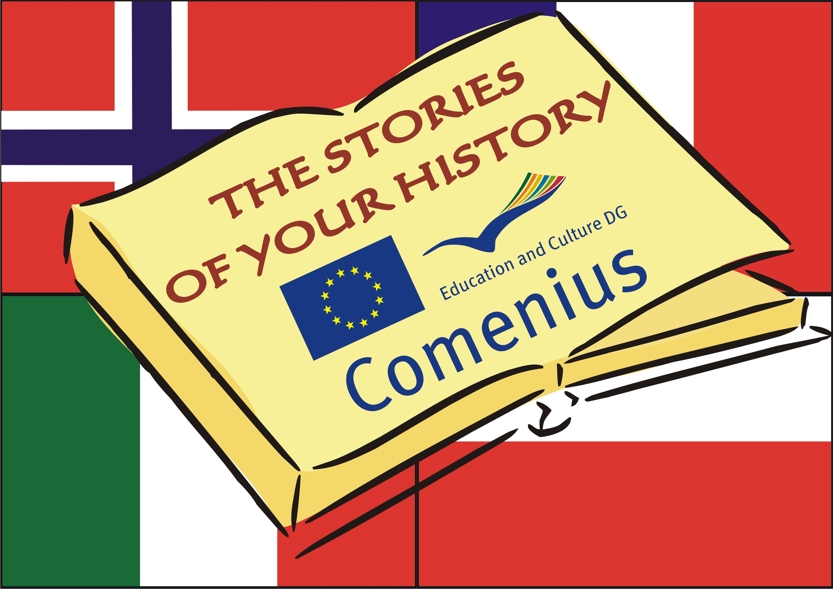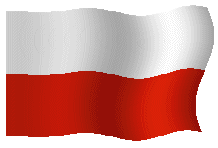
THE STORIES OF YOUR
HISTORY
Starting from stories we'll approach local, national and European history
1. First step: the local history
The stories told by the students will help us approach local history through family tales and family trees. We'll compare these stories to find out the similarities or differences, namely concerning economics, immigration and culture. It will be interesting to interview different witnesses of this local history
2. Second step: the national history
The approach is the same: we'll exchange the students' stories and compare them, and try to find out some common points in terms of culture, immigration. In this case we would work on that. We will also focus on some national events, or important places or people.
Eventually we will have the students write about what they know about the history of other countries.
3. Third step: European history
We will either work on the students' stories themselves or on a chronology worked out by those students. The aim is to select the events which occur frequently and have the students from different countries tell them (or draw them) in order to compare the different points of view. The goal is to have the students give their own idea of Europe.
OUR WORK
RESULTS AND OUTCOMES
|
No. |
Approx. date |
Description |
|
1 |
October 2011 |
First of all, we'll ask pupils what they know about the other countries. We will place these countries on a map which will be completed afterwards. Then pupils will draw family trees. On the map we will locate the families origins. |
|
2 |
March 2012 |
Family stories will be told and witnesses interviewed. Everything will be translated in English. Pupils will make powerpoints on the local museums. Family stories will be compared. |
|
3 |
June 2012 |
Pupils will tell what they know of other countries history. Then we'll work on the lack of knowledge or the prejudices. They will make powerpoints on national museums. |
|
4 |
November 2012 |
They will tell their national history. We'll compare them to find common points and differences. We'll have the pupils questionned about what they know now about other countries. |
|
5 |
March 2013 |
From the pupils' chronology, we'll establish a list o major European events. Pupils will draw them or tell them. We will work on the different points of view. |
THE PARTNERS OF THE PROJECT
|
The state |
The name of the school |
The name of school coordinator |
The town |
|
|
Collège François Auguste Ravier SCHOOL COORDINATOR |
Eglantine Wuillot |
Morestel |
|
|
Gimnazjum nr 1 im. Papieża Jana
Pawła II |
Agnieszka Pazder |
Nowa Dęba |
|
|
Scuola Secondaria
Statale di I Grado |
Maria Rosaria Anglani |
Carovigno |
|
|
Hoyanger skule
|
Eirunn Bardal |
Høyanger |



